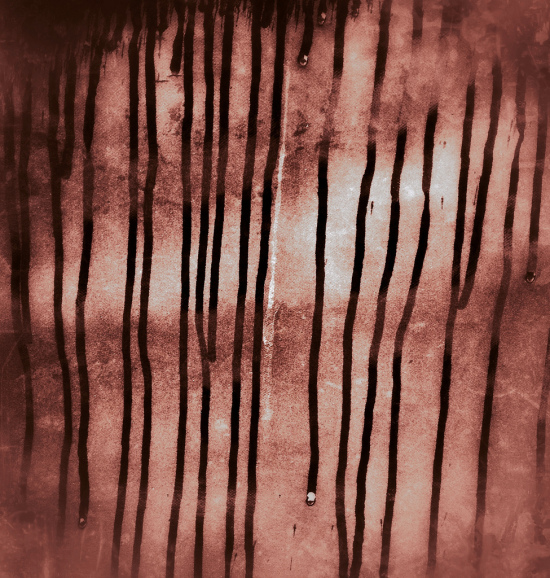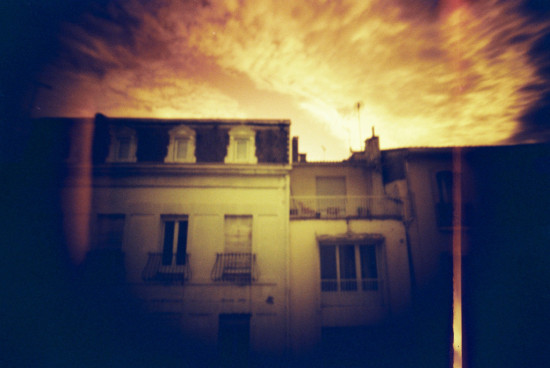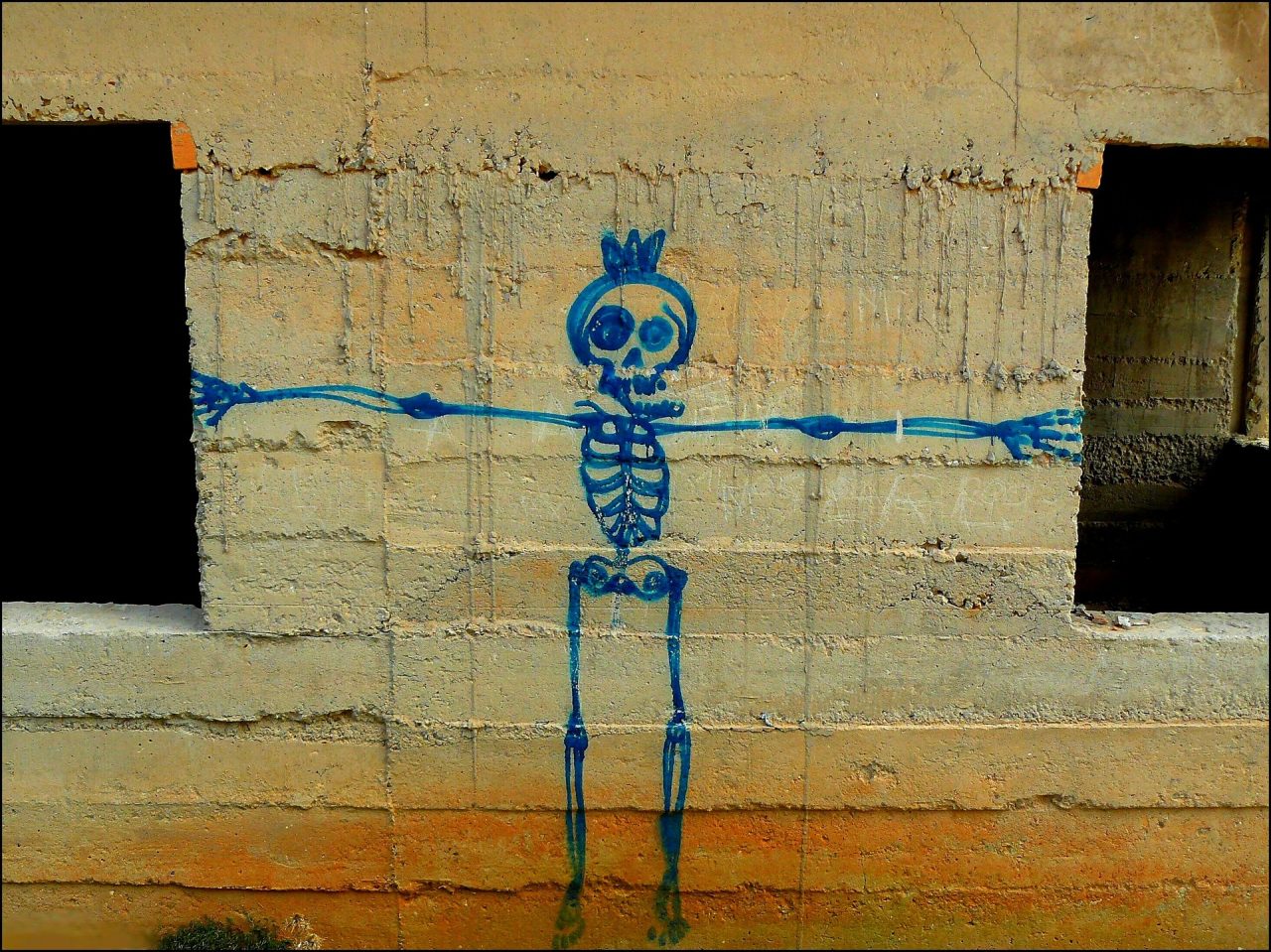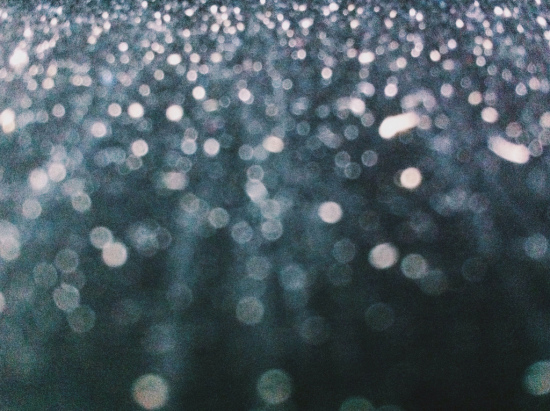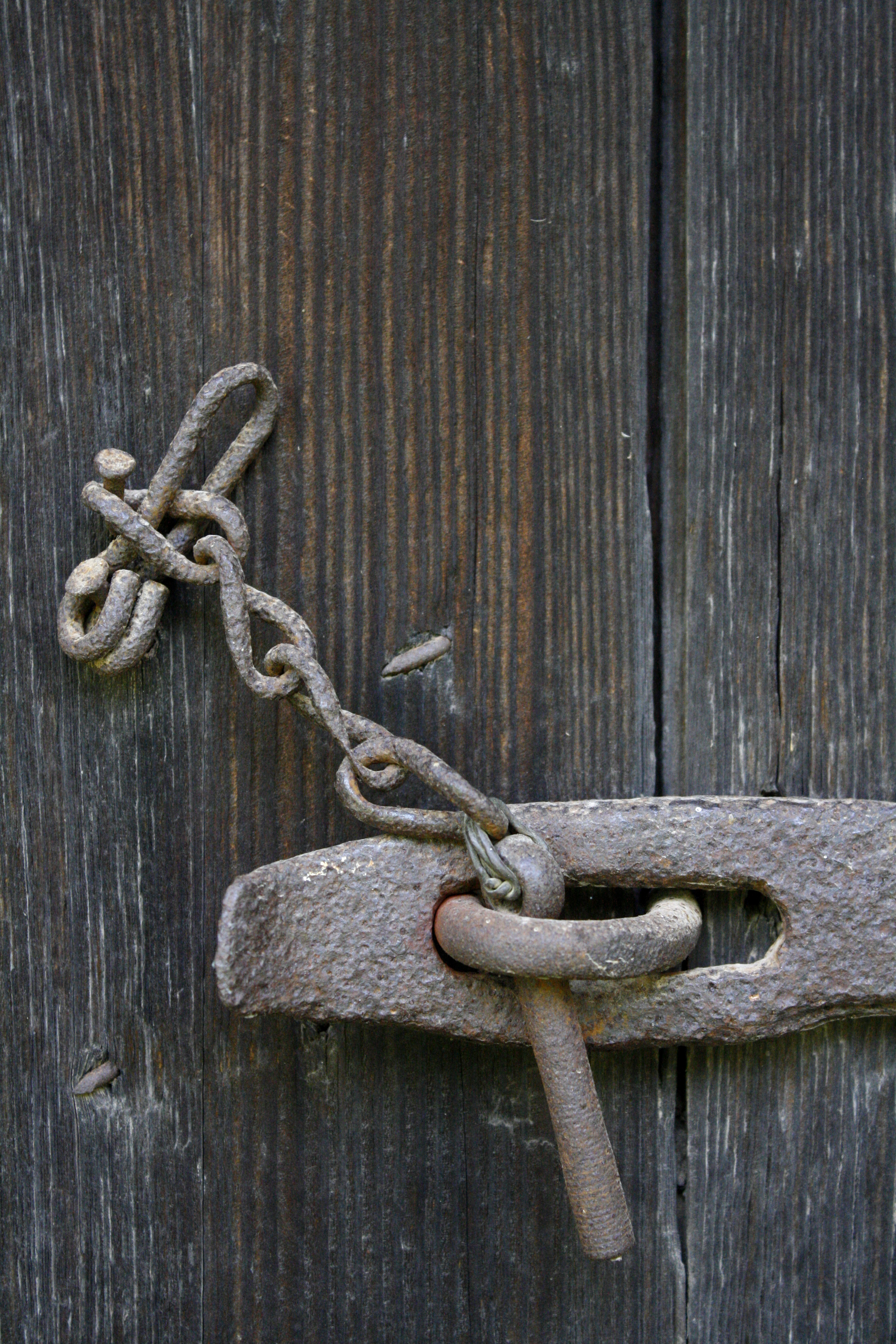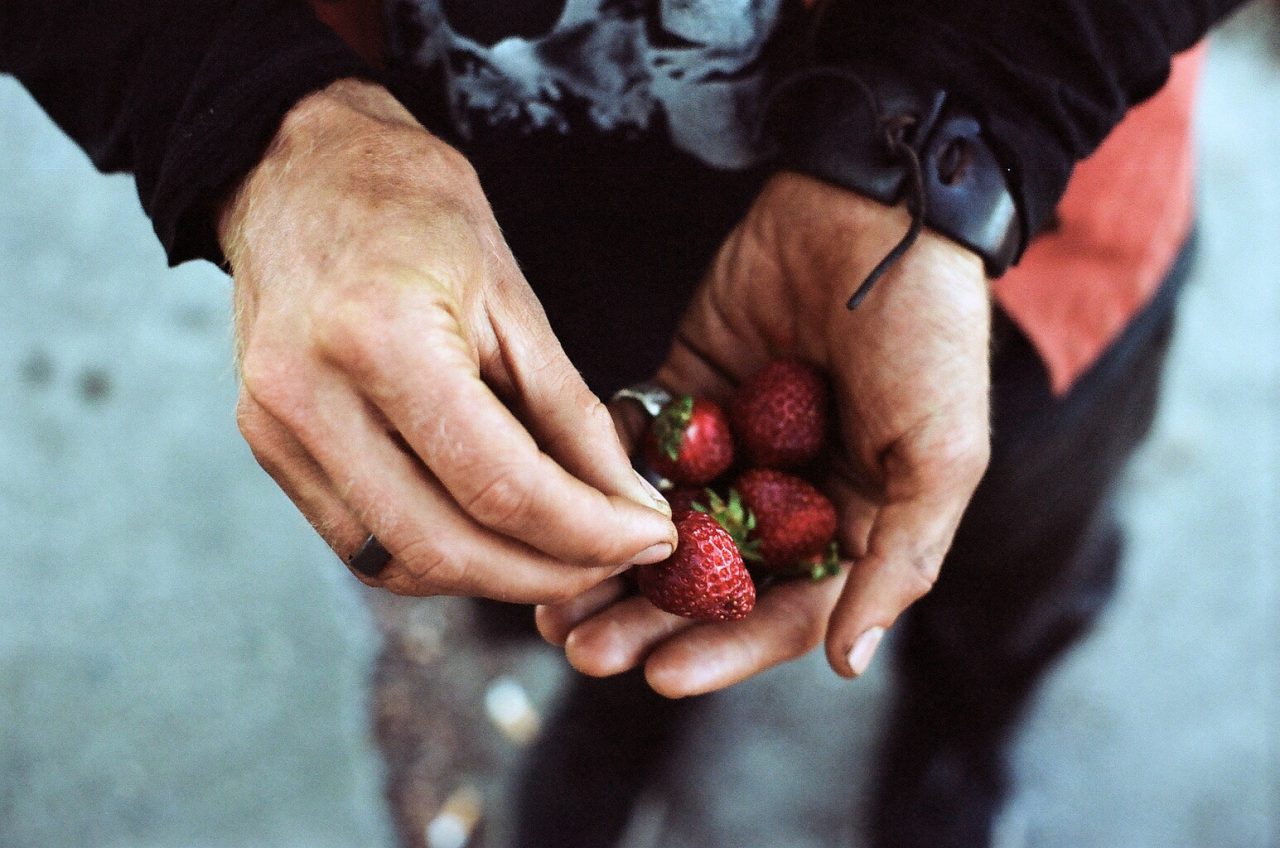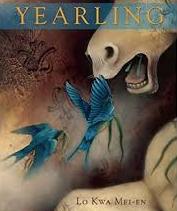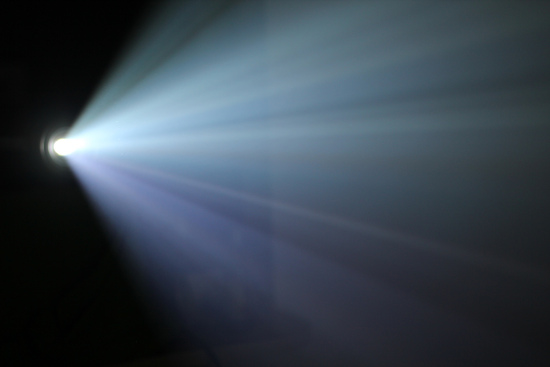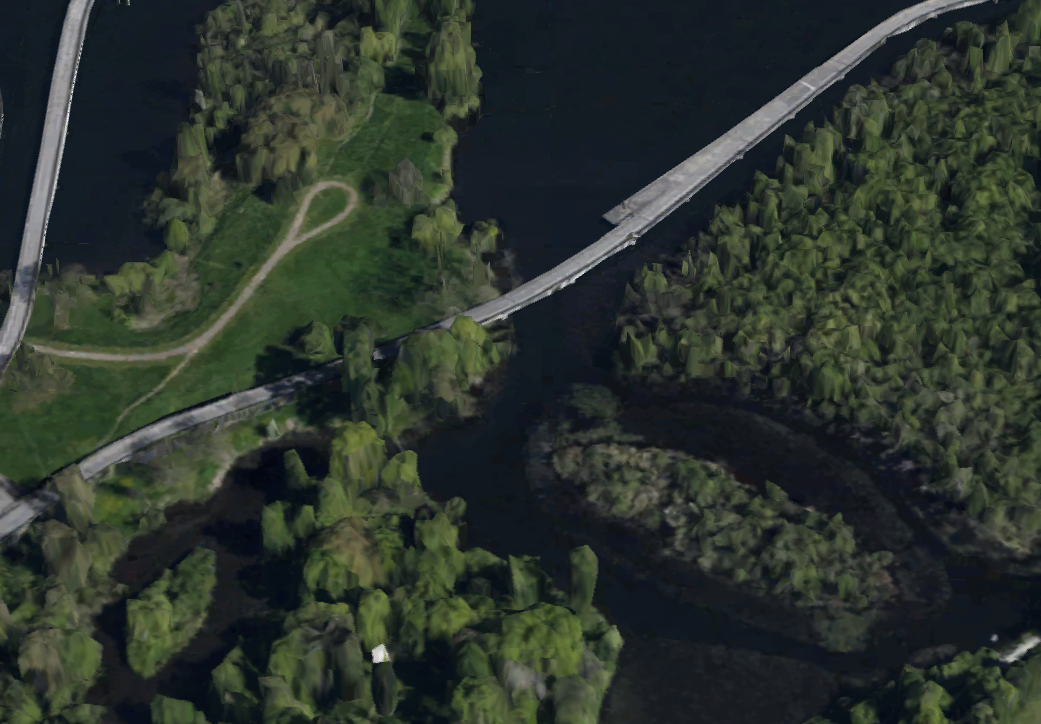Mark Levine: “Creek”
I’ve never gone on a “father-son fishing trip.” Nor have I ever called anyone “Pa.” Still, this is my go at a fishing poem. I’m drawn to the idiomatic force of the “fishing trip” as a trope for intimacy, serenity, and spiritual fulfillment in nature, just as I’m drawn to the possibility of “ordinary” speech as a vehicle of familiarity and ease. Neither one is mine, though. The poem’s suggestion that one might join one’s father for an end-of-life fishing trip, speaking in cadences of folksy directness, provokes awkwardness in me. The poem, I think, wants to embrace that awkwardness, and to take the journey that it knows is unavailable to it. In literal terms, it follows a much denatured creek that rambles through the town I now live in, and it dumps out into the Lake Ontario of my childhood. Even as a full grown person, far into one’s own life, one might persist in imagining how “everything” would be different had you and Pa only taken that trip together. Creek I suppose …

